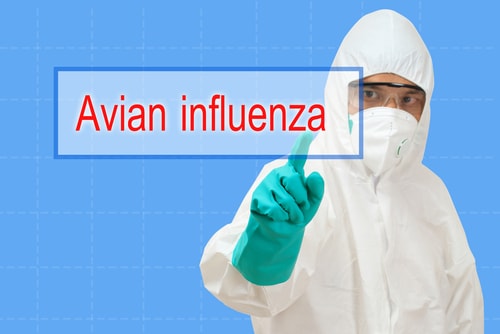License awarded to Iowa’s Harrisvaccines
By Diego Flammini, Farms.com
After announcing in April that it were starting to develop a vaccine to help fight bird flu, the United States Department of Agriculture has issued the first conditional license to continue the development of the vaccine.

The license was awarded to Harrisvaccines, located in Ames, Iowa. The license means the company can continue to research how effective the vaccine is.
The company is also on standby should the USDA give the green-light to begin manufacturing the vaccine. To date, the vaccine has not been approved for use against the bird flu.
“When H5 was confirmed in the spring of this year, our team immediately applied our rapid response technology to bring a solution to Iowa and Midwest poultry and egg producers,” said Joel Harris, Vice President of Harrisvaccines in a release. “Although we cannot sell the vaccine today, we are in a better position to apply this robust and rapidly produced vaccine, if and when the virus reemerges once again.”
The vaccine is designed to help control the H5N2 virus, responsible for one of the worst outbreaks of avian flu in American history that took place earlier in the summer. Harrisvaccines will use the DNA of the virus to create the vaccine.
This isn’t the first time Harrisvaccines received a conditional license from the USDA.
In 2014 the company received it for a Porcine Epidemic Diarrhea Vaccine and in 2012 for a Swine Flu Vaccine.
The avian flu outbreak during the summer caused the loss of nearly 50 million birds – 31 million in Iowa.
Join the conversation and tell us your thoughts about Harrisvaccines receiving a conditional license to continue developing the avian flu vaccine. Would you use it if it becomes available?